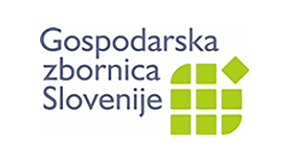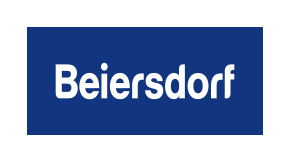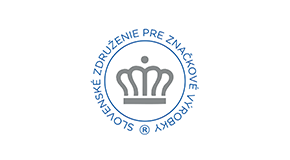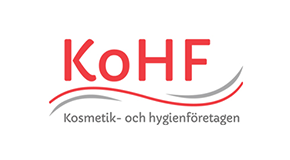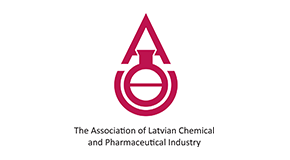PBPK Modeling and quantitative in vitro-in vivo extrapolations
- This event has passed.
Oct 03, 2019 - Oct 04, 2019
Event Navigation
Physiologically based pharmacokinetic (PBPK) modelling plays a crucial role in next generation (non-animal) risk evaluations to inform the design of in vitro studies and to convert the data obtained with in vitro models into human dose−response or potency information. The goal of the course is to acquaint participants with setting up PBPK models based on non-animal input parameters and to subsequently use these models to extrapolate in vitro bioassay data to human dose-response or potency information.
The course consists of:
– Lectures that cover the basic principles of PBPK model-development and the application of PBPK modelling in different fields (e.g. safety evaluations of pharmaceuticals and industrial chemicals, development of alternatives to animal testing).
– Hands-on experience focussing on how to derive adequate chemical-specific input parameters.
– Hands-on experience with developing PBPK models in Berkeley Madonna software.
– Hands-on experience with developing PBPK models with Simcyp’s Population-based Simulator.
– Use of the models to extrapolate in vitro bioassay results to human dose-response or potency information
The training will only take place if minimum of 8 participants is reached.












